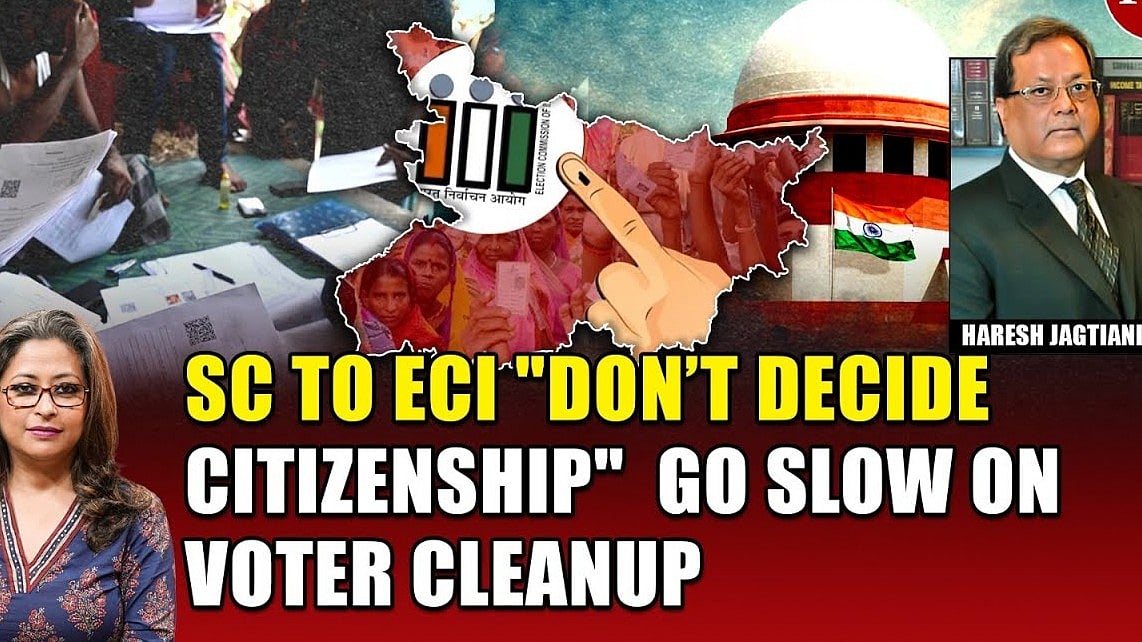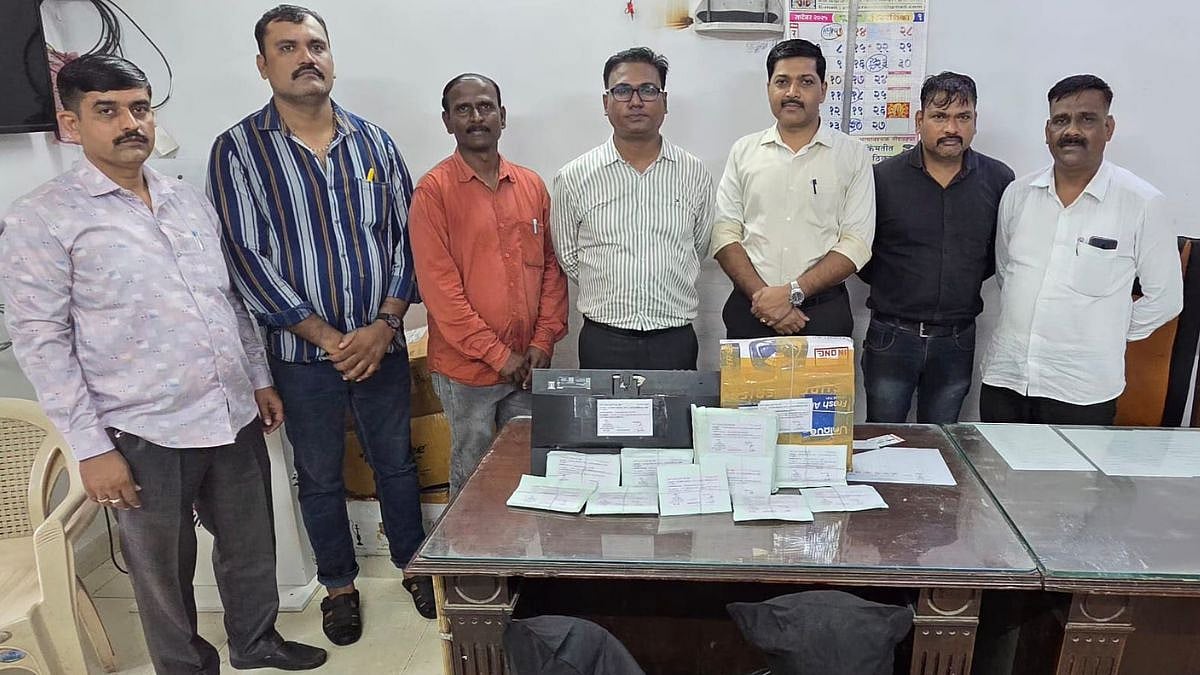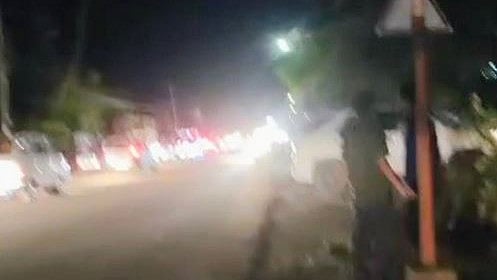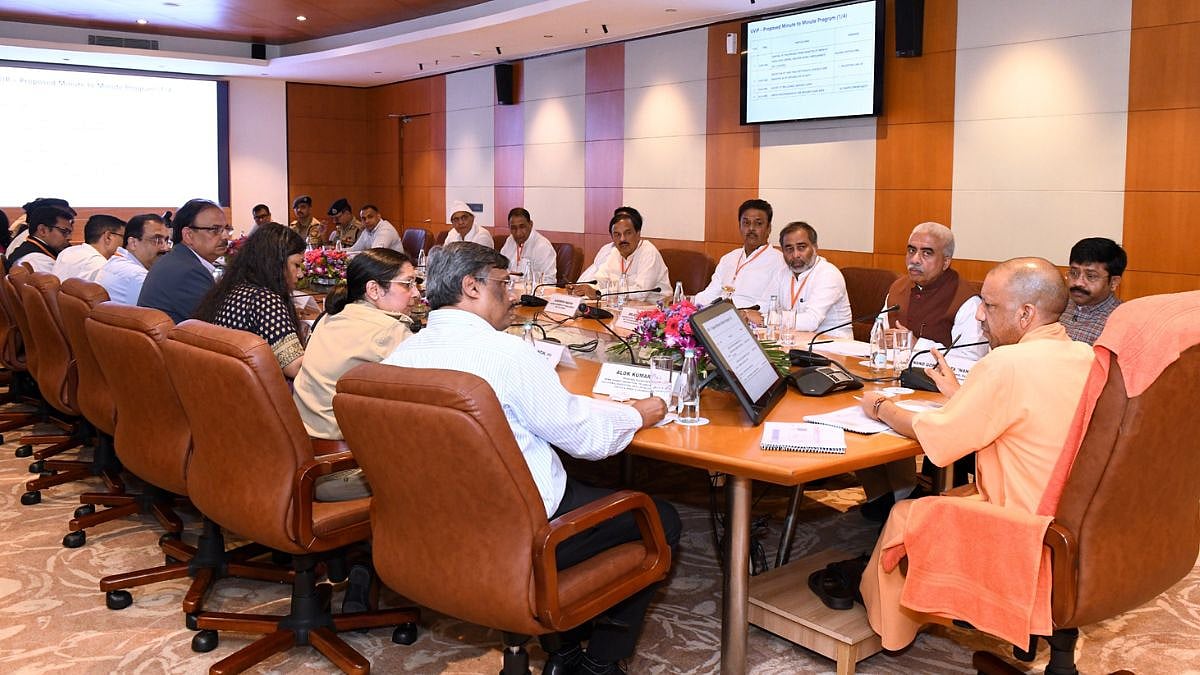In a sharply focused discussion with Free Press Journal Executive Editor Afrida Rahman Ali, senior advocate Haresh Jagtiani raised serious concerns over the Election Commission of India’s Special Intensive Revision (SIR) of electoral rolls in Bihar. With elections around the corner, the timing and scope of the exercise have come under the scanner. In this candid conversation, Jagtiani calls the revision “exclusionary”, questions the legality of asking voters to re-prove their citizenship, and warns that such a move could shake public faith in India’s electoral process.
Q&A: Haresh Jagtiani on the Bihar Voter List Controversy
Q. Why is there so much controversy around the voter list revision in Bihar? Isn’t it routine for the Election Commission to update electoral rolls?
A. The issue here isn’t about routine updating—it’s the timing and the nature of the exercise. This Special Intensive Revision is exclusionary, not inclusionary. It risks eroding the public's confidence in their fundamental right to vote. When you carry out such a major exercise just months before state elections, it’s bound to raise suspicion and concern.
Q. You say it’s an exclusionary process. Could you elaborate?
A. The revision targets existing voters and demands fresh documentation. If conducted improperly, up to 2 crore voters could be disenfranchised. That’s not a minor glitch. And all this, when the existing electoral rolls from 2003 have been used for five general and five assembly elections.
Q. The Election Commission has argued in court that they’ve already verified over 7 crore voters. Doesn’t that assure credibility?
A. It doesn’t answer the basic question—why now? Why re-write something that has worked well for over two decades? That question remains unanswered. Even if the EC has contacted voters, what happens to the ones they couldn’t reach? Even if 1.5 crore are left out, that’s a huge number.
Q. Is the timing of this exercise your biggest concern?
A. Absolutely. If a person’s name is left out now, there may not be enough time to contest it or complete the process to re-enlist. The process demands documentation like matriculation certificates, which many in Bihar—especially from poorer or illiterate communities—simply don’t have.
Q. Petitioners have raised the issue of citizenship—arguing that it's not the EC's job to conduct a “citizenship check”. Do you agree?
A. 100%. It is not the EC’s jurisdiction to question someone’s citizenship. That power lies with other departments. The burden of proving someone is not a citizen lies with the government—not on the individual to prove they are one, especially when they’ve voted in multiple elections already.
Q. Some have pointed out that Aadhaar is not being accepted as valid proof. Is that problematic?
A. Extremely. Aadhaar is accepted across services—banking, travel, subsidies. Suddenly discarding it for voter validation raises red flags. If it’s not valid for something as important as voting, then what exactly is its role?
Q. The EC’s counter-argument is that the revision is necessary to weed out illegal immigrants, especially because Bihar is a border state. Does that hold?
A. That doesn’t justify the mass disenfranchisement of everyone. If the concern is illegal entries, then target those cases. You can’t force crores of voters—who’ve already been vetted for years—to undergo a fresh, stricter test just to find a few anomalies. It’s illogical and unfair.
Q. Critics say this might be a politically motivated exercise to target specific voter groups. Do you agree?
A. I don’t want to speculate without evidence. But I do believe the process itself is flawed. And if that process ends up targeting the poor, the migrants, and the vulnerable, then the intent won’t matter—the damage will still be massive.

Q. What's your final take on this issue? Where does it go from here?
A. The Supreme Court has intervened and rightly so. The next hearing is crucial. We must remember why adult franchise was included in our Constitution—to give every citizen a voice, no matter their background. You can’t dismantle that trust for a revision exercise that isn’t backed by urgent necessity or fairness.
Conclusion:
As the Supreme Court awaits the Election Commission’s affidavit and arguments continue to unfold, the central question remains: Why now? For Jagtiani, the onus lies with the state to justify the disruption of a system that has worked for decades. With disenfranchisement of millions at stake, the process must be held to the highest scrutiny.










